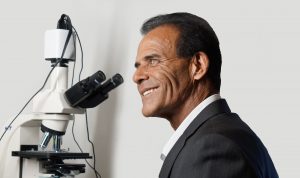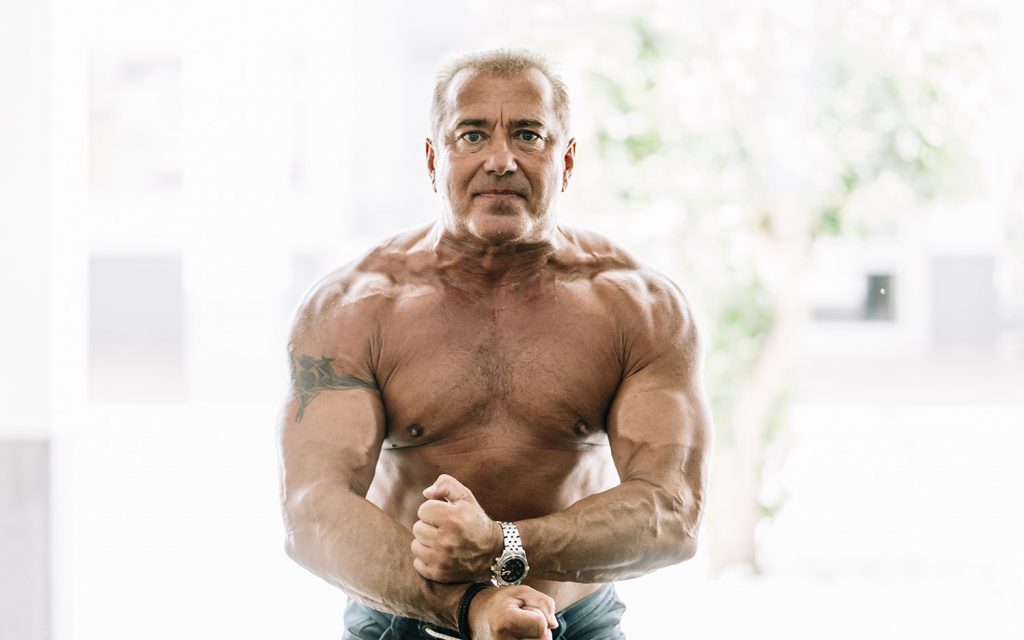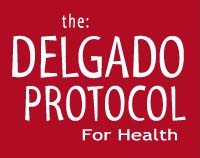By Dr. Nick Delgado, ABAAHP
Author of Mastering Love, Sex & Intimacy and Stop Aging Now
A recent review by Dr. Ken Wolkhoff from Georgetown University claimed inconsistent benefits of testosterone replacement in men, dismissing improvements in cardiovascular risk, libido, mood, cognition, and sexual function. However, many in the anti-aging and hormone replacement field—including experts from A4M and the Life Extension Foundation—strongly disagree.
Why Testosterone Matters
Dr. Nick Delgado and Dr. Terry Grossman have worked with adults of all ages, showing that optimal testosterone levels are vital for:
- Sexual desire and performance
- Lean muscle mass and strength
- Mood and cognitive clarity
- Energy and stamina
While men typically have testosterone levels of 500–1000 ng/dL, many begin to decline by age 20. By 60, levels may drop to half of optimal. In women, healthy levels are around 20–40 ng/dL—only about 5% of typical male levels.
Testosterone also counteracts the effects of estrogen dominance. Environmental toxins—from plastics to food additives—can cause men to absorb excessive estrogen, suppressing testosterone. For hormone balance, supplements like Liv D-Tox can aid in detoxification and liver support.
Managing “Bad” Testosterone and DHT
Testosterone can convert to DHT (dihydrotestosterone), linked to acne, hair loss, and prostate issues. This process is driven by the enzyme 5-alpha reductase. Fortunately, DHT can be balanced using beta-sitosterols—an ingredient in Dr. Delgado’s Testro More, which supports healthy testosterone levels while blocking excess DHT.
Hormone Monitoring
Testing for both total and free testosterone is crucial. Free testosterone is what truly drives performance and vitality. Many doctors use 24-hour urine testing to assess hormonal fluctuations throughout the day, offering better insight than a single blood draw.
Symptoms of Low Testosterone (“Low T”)
- Brain fog and mood swings
- Fatigue and lack of motivation
- Decreased libido and sexual performance
- Reduced muscle mass and increased fat
- Osteoporosis risk and weak bones
Treatment Options
Safe testosterone replacement therapy (TRT) methods include:
- Topical gels – absorbed via the skin
- Pellets – implanted under the skin for slow release
- Injections – typically biweekly
- Buccal tablets – placed in the mouth
Longer-lasting forms like testosterone undecanoate (Nebido® or Aveed™) are emerging, offering up to 10 weeks of effectiveness per injection.
Debunking Prostate Cancer Myths
Old beliefs linked TRT with prostate cancer, but newer research shows men with low testosterone and high estrogen are at greater risk. Experts like Dr. Abraham Morgentaler (Harvard Medical School) now treat even some prostate cancer survivors with TRT—carefully monitored—because balanced testosterone may reduce cancer aggressiveness.
Key Takeaway
Testosterone is not a luxury—it’s a foundational hormone for health, performance, and longevity. Low T is underdiagnosed and under-treated, but safe and effective solutions are available. Every man over 50 with fatigue, low libido, or reduced vitality should consider testing and, if needed, treatment.





